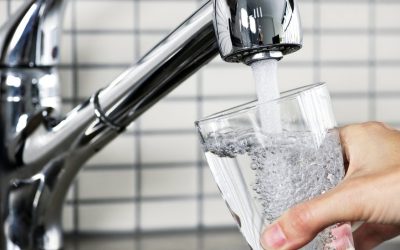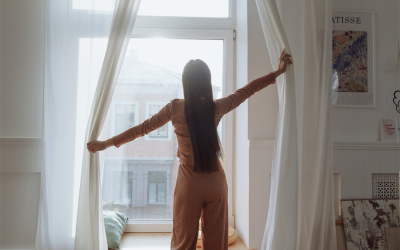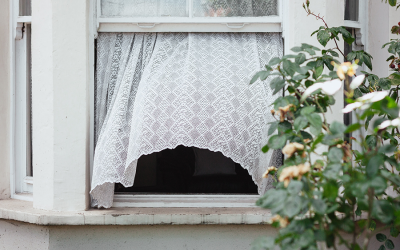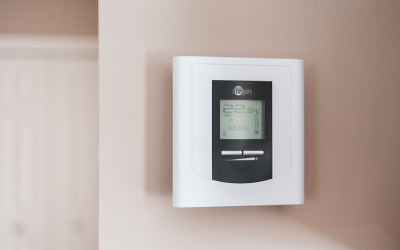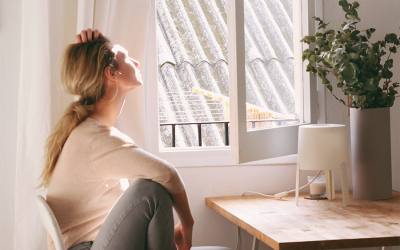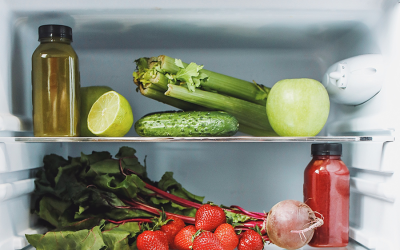If your tap water is drinkable, you should try drinking it. It is healthier and does not produce waste. If not possible, better use bottled water in glass containers (and far better if they are made from recycled material), or just buy the water from a company that delivers bottled water supplies to your home.
HOW TO KEEP THE HOUSE WARM
Drawing the curtains or pulling down the blinds at night, during the cold months can help to keep the house warm for longer, and reduces heating consumption.
AVOID OVERHEATING
In the summer months, overheating can occur since direct sunlight enters through the windows. It is important to avoid the latter, by using sunscreens such as overhangs, slats, awnings, deciduous vegetation or even curtains or blinds if we have no other option available. It is also advisable to ventilate the house taking advantage of the coolest times of day (early morning and night).
REGULATE THE TEMPERATURE
It is important an adequate regulation of temperature in highly hot and cold months. It is advisable to keep home between 22°C and 25°C in summer and between 19°C and 21°C in winter during the day and between 15°C and 17°C at night. As humidity increases in summer, it may be necessary to reduce temperature to maintain the same wind chill. It is recommended to keep temperature at 25°C or even higher in the summer months. A difference of more than 7° C compared with outside temperature may be unhealthy, and any extra degree of temperature increases energy consumption over 8%. In winter, turn down the temperature level when you are at home. You can exercise at an adequate temperature to reduce the risks of cardiovascular disease, diabetes and also to lose weight. Wear warm clothes and try to have hot drinks from time to time.
USE NATURAL LIGHT
Think about the house layout so that you can use natural light in the most efficient way, according to the different activities you do. Choose soft colours for interior walls or install solar tubes or skylights to favour the entry of natural light in darker areas:...
MAKE YOUR FRIDGE AS EFFICIENT AS POSSIBLE
A first step to save energy of your fridge is to find a cool and ventilated location for it, away from potential sources of heat. Keep the back clean and well ventilated, and set temperature at 5°C for the fridge and -18°C for the freezer. It is advisable to plan buying energy efficient and durable appliances, as in the long term it will be unexpensive and cost-effective.

